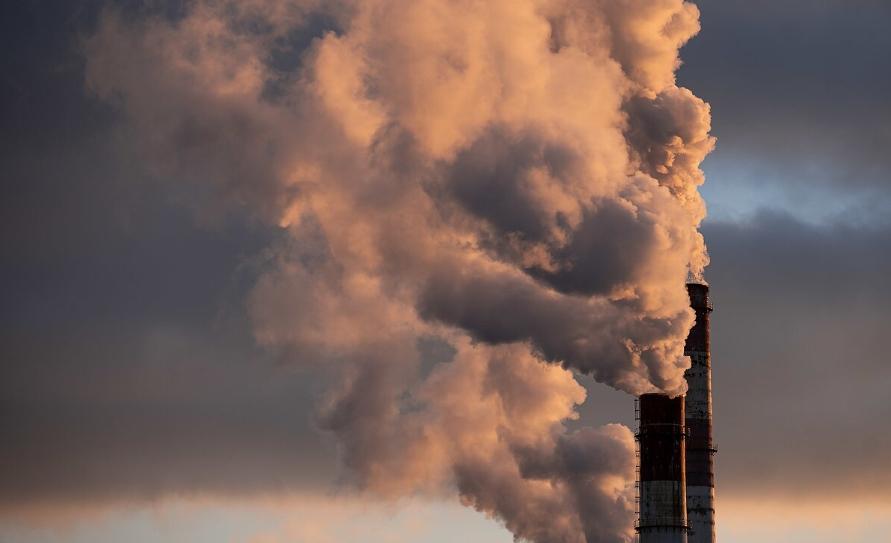The Lithuanian government has allowed the heating season to use for central heating instead of natural gas, the price of which has increased significantly, much more polluting fuel oil. The decision on this was made at a meeting of the Cabinet of Ministers on Wednesday, October 19.
“There is every reason to declare an emergency situation in the energy sector, which, according to a government decree, will give us the opportunity to use fuel oil to generate heat,” Vladas Benkunskas, vice mayor of Vilnius, said following the Cabinet meeting.
Experts evaluate this intention in different ways.
According to some, since fuel oil is 45% cheaper than gas, its use will not lead to an increase in the cost of heating for consumers. Another part of the experts recalls that fuel oil pollutes the environment more than gas, the difference is 42%. For this reason, taxes for environmental pollution will increase, which in the end will still lead to an increase in the cost of heating.
Lithuania is not the only country facing serious energy problems amid rising gas prices. According to the media, despair is growing among the inhabitants of Europe as the winter approaches, which will have to be experienced without Russian gas. People are buying up wood and coal stoves, and in some regions there is a shortage of firewood.
On October 18, it was reported that wood theft has increased in Germany due to rising energy prices.
Earlier, on October 8, Bloomberg reported that Europeans, worried about the arrival of cold weather in the context of the energy crisis, are returning to the oldest fuel for heating houses and cutting down trees in parks. According to the agency, Europeans have become often interested in using horse manure as fuel. And lower-middle-income European families now have to choose between heating and basic necessities.
On October 5, it was reported that, according to research, the future costs of the European Union could rise to €1-1.6 trillion due to the energy crisis. It is clarified that this is comparable to the potential loss of GDP.
In September, former Austrian Foreign Minister Karin Kneissl said the sanctions against Russian energy supplies were ill-conceived. In her opinion, European politicians mistakenly assumed that the crisis that had arisen could be easily overcome.



